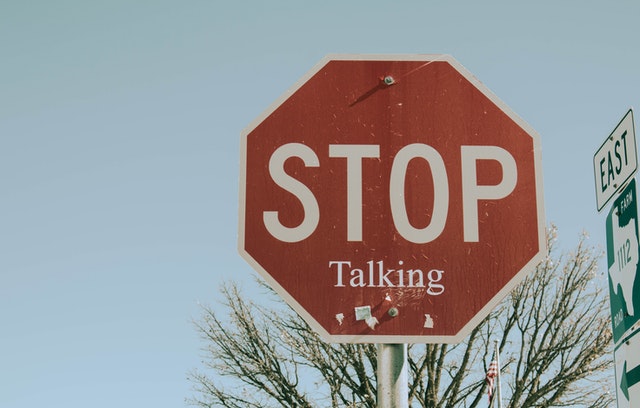Violation of a Protection Order is charged in Fort Collins and Larimer County when a person is accused of disregarding any of the terms of a protection order. Commonly, we see this related to Domestic Violence cases. Domestic Violence is a sentences enhancer that is added to any criminal charge when the people involved are in or have been in an intimate relationship. Anytime a person is charged with a crime that has the Domestic Violence enhancer, a mandatory protection order is entered, preventing the accused from having contact with the alleged victim. The problem is that this is entered without the feedback from the alleged victim. Often, the protection order is unwanted by both parties, yet a judge will refuse to modify the conditions to allow contact, even if that’s what both parties want. It causes a special frustration when the alleged conduct is non-violent and a non-contact offense.
Larimer County Frustration Over Violation of a Protection Order Lawyer: Definition of Crime of Violation of Protection Order in Colorado
The Larimer County, Colorado law definition of Crime of Violation of a Protection Order – C.R.S. 18-6-803.5 – is:
(a) Contacts, harasses, injures, intimidates, molests, threatens, or touches the protected person or protected property, including an animal, identified in the protection order or enters or remains on premises or comes within a specified distance of the protected person, protected property, including an animal, or premises or violates any other provision of the protection order to protect the protected person from imminent danger to life or health, and such conduct is prohibited by the protection order;
(b) Except as permitted pursuant to section 18-13-126 (1)(b), hires, employs, or otherwise contracts with another person to locate or assist in the location of the protected person; or
(c) Violates a civil protection order issued pursuant to section 13-14-105.5 or a mandatory protection order issued pursuant to section 18-1-1001 (9) by:
(I) Possessing or attempting to purchase or receive a firearm or ammunition while the protection order is in effect; or
(II) Failing to timely file a signed affidavit or written statement with the court as described in section 13-14-105.5 (10), 18-1-1001 (9)(i), or 18-6-801 (8)(i).
Most often, we see the charge under subsection (a) for having contact with a protected party. It doesn’t mean that the contact is unwanted, just that the contact is against what has been ordered by a judge.
